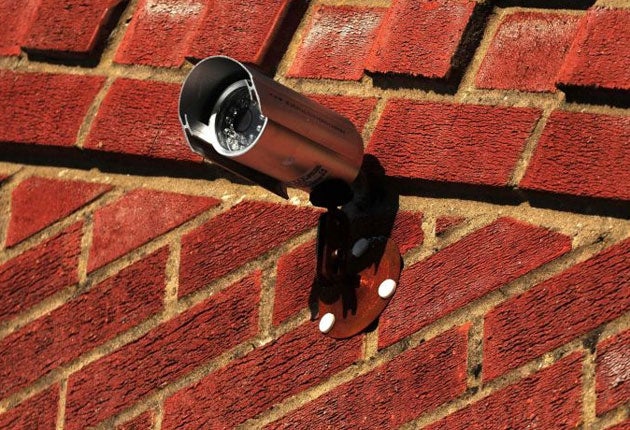Britain is becoming a more fearful place – and the economy is paying the price

Your support helps us to tell the story
From reproductive rights to climate change to Big Tech, The Independent is on the ground when the story is developing. Whether it's investigating the financials of Elon Musk's pro-Trump PAC or producing our latest documentary, 'The A Word', which shines a light on the American women fighting for reproductive rights, we know how important it is to parse out the facts from the messaging.
At such a critical moment in US history, we need reporters on the ground. Your donation allows us to keep sending journalists to speak to both sides of the story.
The Independent is trusted by Americans across the entire political spectrum. And unlike many other quality news outlets, we choose not to lock Americans out of our reporting and analysis with paywalls. We believe quality journalism should be available to everyone, paid for by those who can afford it.
Your support makes all the difference.Britain is becoming a more fearful nation, with rising levels of anxiety and depression that are fuelling the economic crisis by undermining confidence, a report says today.
More than one third of those questioned in a Mental Health Foundation survey said they felt more frightened than they used to, and more than three quarters said the world was a more frightening place than a decade ago.
In February, the Office for National Statistics published figures showing a 12 per cent rise in the rate of anxiety disorders in the UK between 1993 and 2007, equivalent to 800,000 more sufferers. More than 7 million people are living with anxiety problems. The Mental Health Foundation report, "In The Face Of Fear", says the two trends are linked. The more fearful people feel in the general population, the more are tipped over into clinical anxiety problems, with an increased risk of heart disease, digestive troubles, asthma and allergies.
The charity blames a "culture of fear", stoked by threatening news reports, politicians using "worst-case scenario" language, and institutions fostering an air of catastrophe around knife crime, MRSA, bird flu and terrorism.
It says the use of measures to reduce fear – such as CCTV cameras (of which the UK has more than the rest of Europe put together) – can have the opposite effect. "Such devices can actually make people feel more fearful as they sense that high security suggests risk. Fear of crime continues to rise, even though crime has fallen in the last decade," the report says.
The financial crisis is increasing levels of fear, with two-thirds of those surveyed reporting greater insecurity as a result. Anxiety UK, the largest anxiety disorders charity, reported a doubling of calls to its helpline in the first two months of the year. But fear is also making the crisis worse as people are too afraid to lend, spend and invest. "The emotion is over-riding logical thinking", which is "partly driving the economic crisis", the report says.
The most vulnerable are those who are single, divorced, poor, poorly educated, living in towns, on their own or as lone parents. Four times as many people live alone today than 50 years ago, but too few people seek help, with one in seven people with anxiety and depression receiving treatment.
Nicky Lidbetter, chief executive of Anxiety UK, said: "We have experienced an unprecedented number of enquiries since the beginning of the year from people seeking help largely due to the economic crisis."
Join our commenting forum
Join thought-provoking conversations, follow other Independent readers and see their replies
Comments